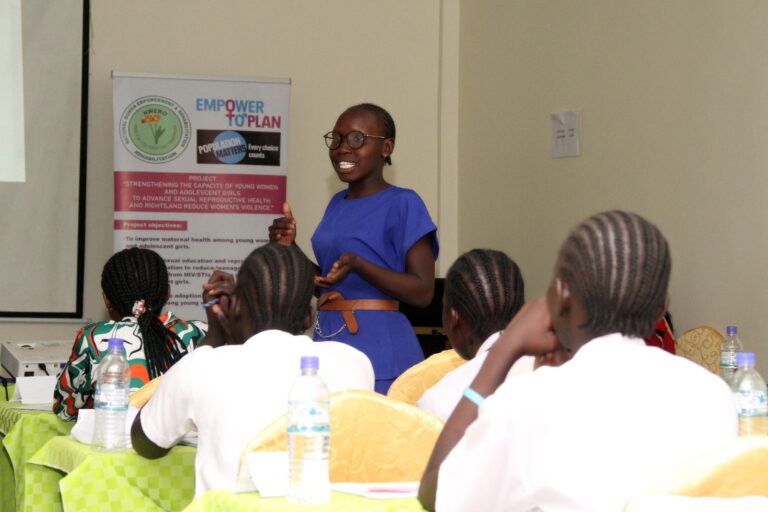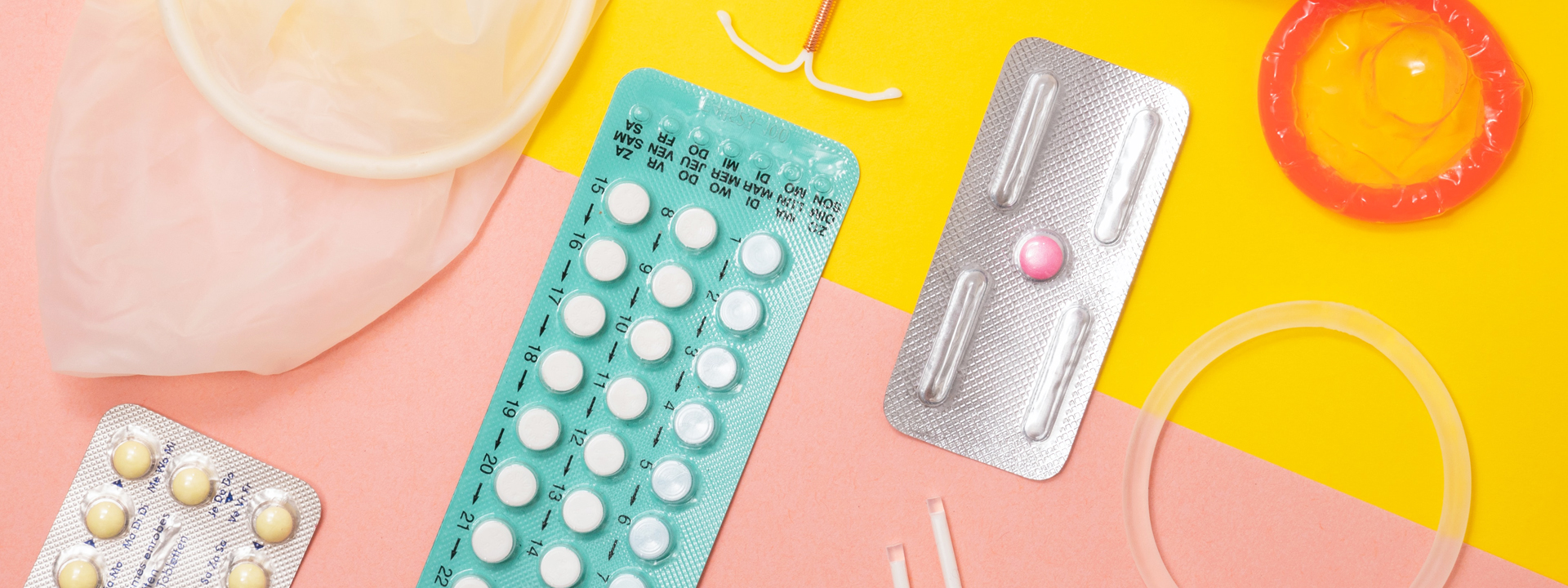
Safeguarding rights, empowering communities
As we mark World Contraception Day on September 26th and International Safe Abortion Day on September 28th, grassroots providers of sexual and reproductive health services continue to face unprecedented challenges in ensuring access to contraceptives and comprehensive abortion care for the world’s most vulnerable women and girls. Population Matters’ Empower to Plan Coordinator, Catriona Spaven-Donn, explains what we are doing to help.
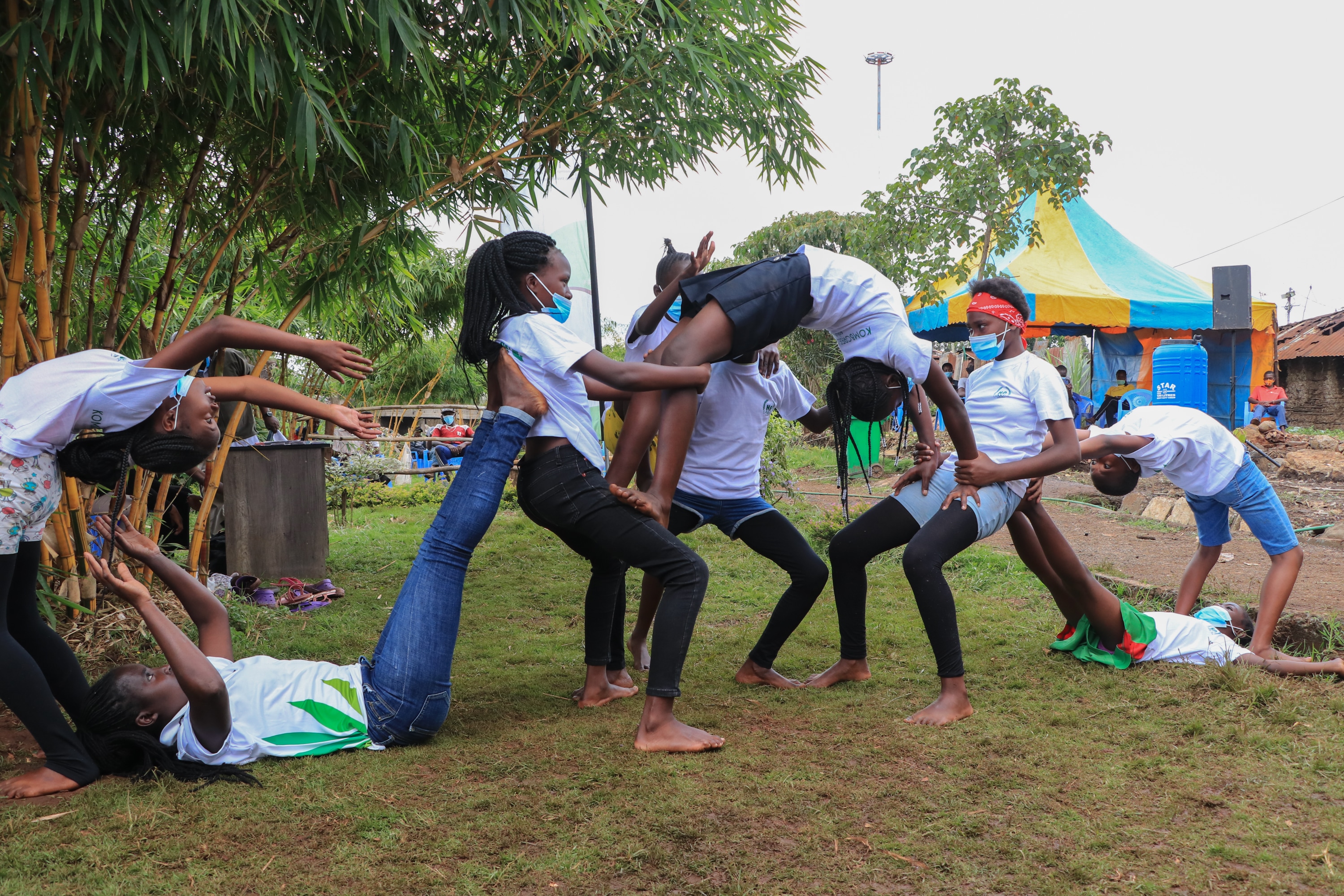
Setbacks for women and girls
During the global pandemic, crucial sexual and reproductive health services were disrupted – Marie Stopes Reproductive Choices estimates that due to COVID-19, they served 1.9 million fewer women. This alone likely led to 900,000 unintended pregnancies worldwide. When organisations like Marie Stopes are reliant on United Nations Population Fund (UNFPA) funding for contraceptives and other services, the UK’s devastating aid cuts inevitably mean even fewer women served and even more unwanted pregnancies registered. As we wrote earlier this year, the UK’s decision to slash UNFPA funding by 85% from £154 million to £23 million, will not only impede progress towards the Sustainable Development Goals, but will also put the lives of girls and women in danger.
Linking empowerment and environment
We at Population Matters prioritise the empowerment of women and girls and the removal of barriers to contraception as key solutions to ensuring a sustainable and healthy future for people and planet. As Malala Yousafzai states, “When girls are educated and when they stay in school, they get married later in their lives and have less children, and that helps us to reduce the impacts of climate change that the population increase brings.” The link between girls’ education and climate action was also powerfully discussed in Girl Rising’s recent campaign: “We also know that population growth is a major driver of climate change, but when education is accompanied by access to family planning, girls are empowered to choose if and when to have children. Doing this would help avoid 85 gigatonnes of CO2 emissions by 2050.”
Our partners
As part of our Empower to Plan crowdfunding programme, we partner with grassroots organisations around the world that are enabling people to make free and informed choices about their reproductive health as well as spearhead environmental initiatives in their communities. Our most recent partner, Women for Conservation, is a Colombian NGO that provides access to environmental education training and reproductive health clinics for rural women in biodiverse regions around the country. Since 2004, Women for Conservation has enabled safe and voluntary family planning access to over 1,000 women.
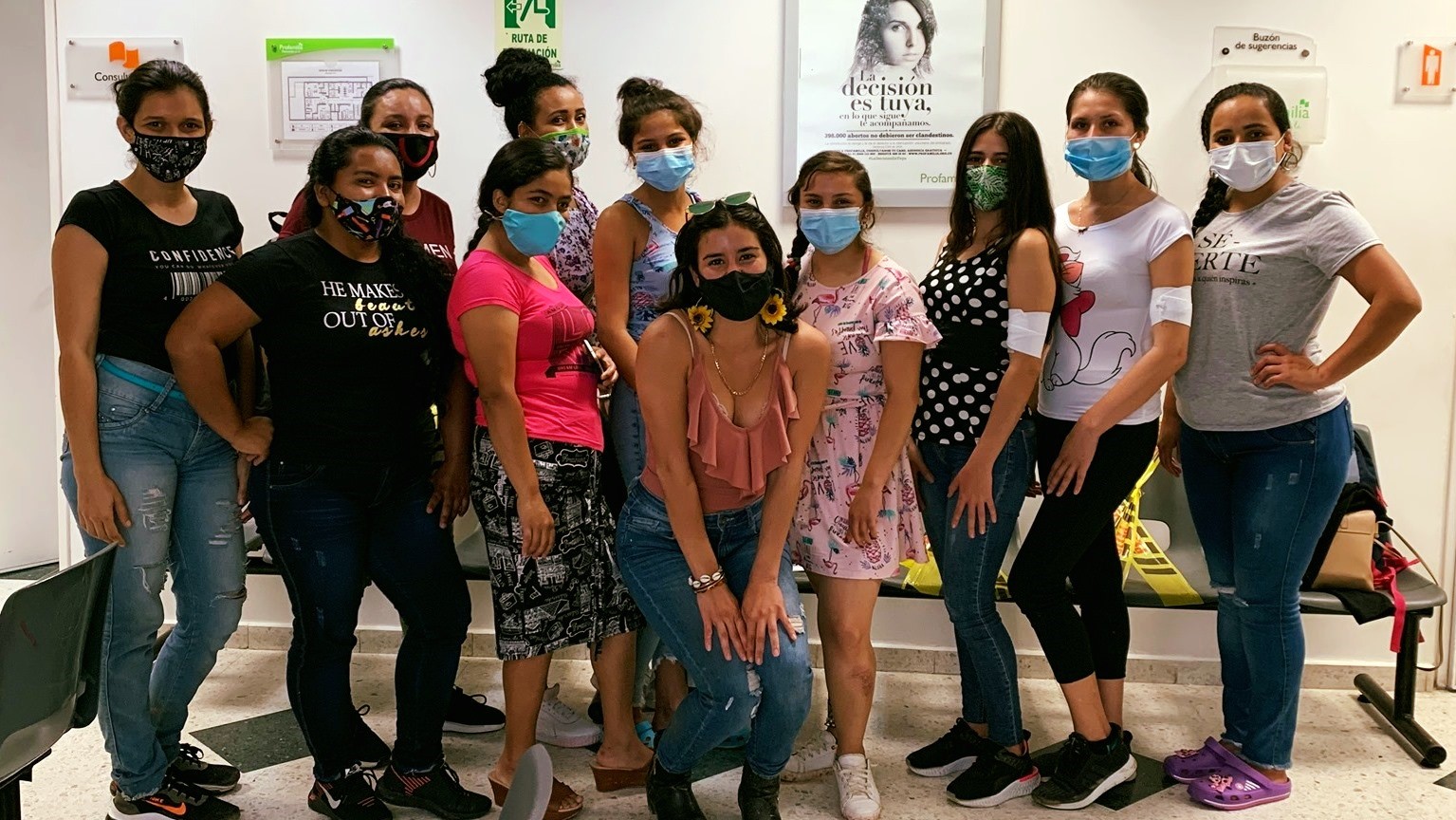
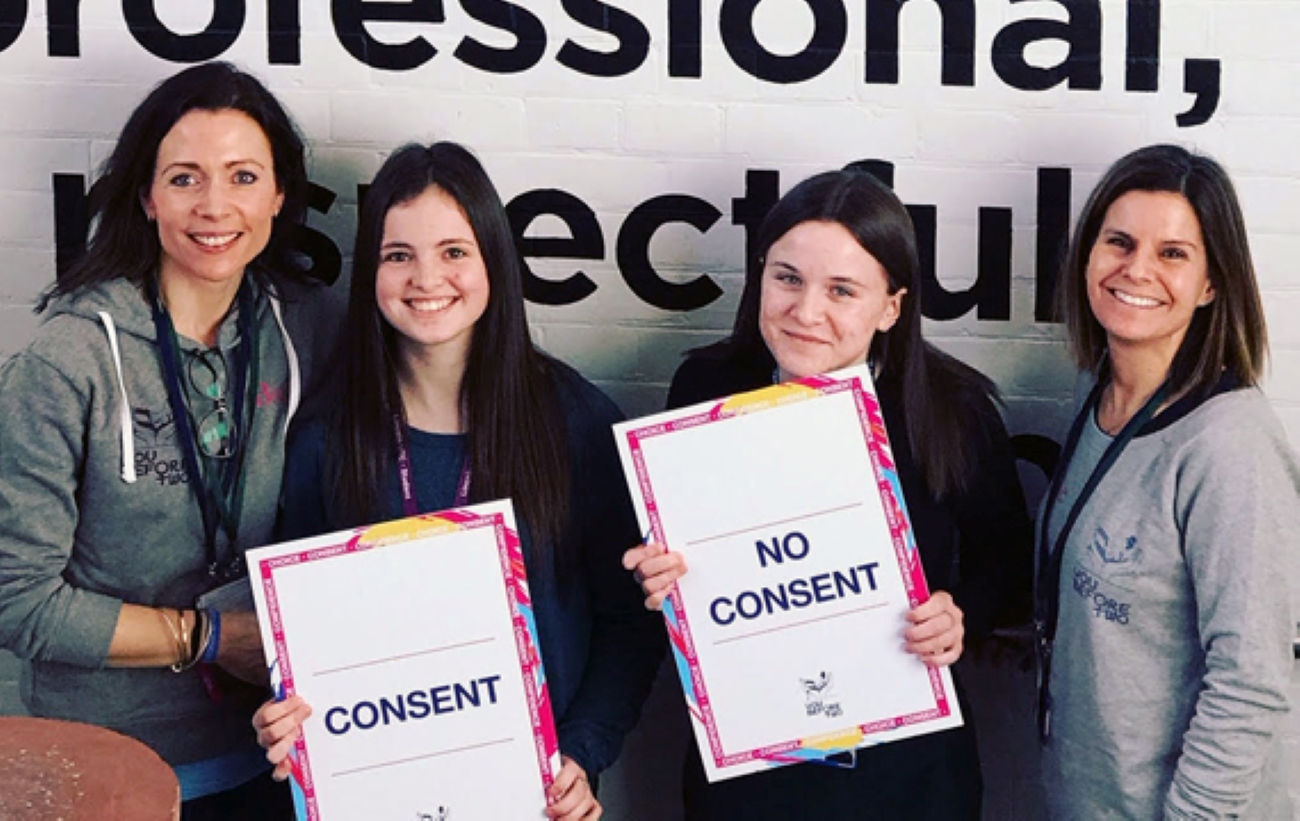
When almost half of all pregnancies worldwide are unwanted, joined-up action to provide safe and voluntary abortion access is clearly an international responsibility. In June, the European Parliament passed a resolution recognising safe and legal abortion as a human right. This bolsters the work of Polish activists and sex educators such as Empower to Plan partner, the Ponton Group, who provide sex education and advice on contraception to Polish youth. The volunteer sex educators work in an increasingly hostile environment to the realisation of sexual and reproductive rights since the Polish government effectively outlawed abortion last year. The ASTRA Network of Sexual and Reproductive Rights in Eastern Europe comments that “a ban on abortion obviously does not mean that Polish women and persons in need of abortion don’t access them… the burden of providing information, help, resources and access to abortion [falls] on the NGOs, informal groups and initiatives in Poland or abroad.” The Coordinator of the ASTRA Network, Antonina Lewandowska, thanks Population Matters for being part of the wider international community committed to ensuring the realisation of SRHR in Poland: “In Poland, we are a country of reproductive absurdity. We have some of the most restrictive abortion laws in Europe and the worst access to contraceptives in the entire continent. However, things are changing. Young people want change. Having people from outside Poland who are interested and want to support us, such as Population Matters, is uplifting.” Our Ponton Group crowdfunding partnership will be launched soon, so stay tuned to hear more about the direct impact you can make in enabling access and awareness of sex education for Polish youth.
Meanwhile, Empower to Plan is facilitating a new pilot project which will offer workshops on consent, safe sex and adolescent pregnancy to girls in under-resourced areas of Scotland. The collaboration between EPIC Assist and You Before Two will work with 13-16 year olds to protect their own sexual and mental health before entering into a serious relationship or having a baby.
This September, the KOMB GREEN Solutions team in Kenya’s Korogocho slum will be engaging school students in family planning workshops and sensitising the local community about contraceptive methods. Through Empower to Plan support, they are reaching hundreds of local women and girls through school visits, educational murals and radio broadcasts.
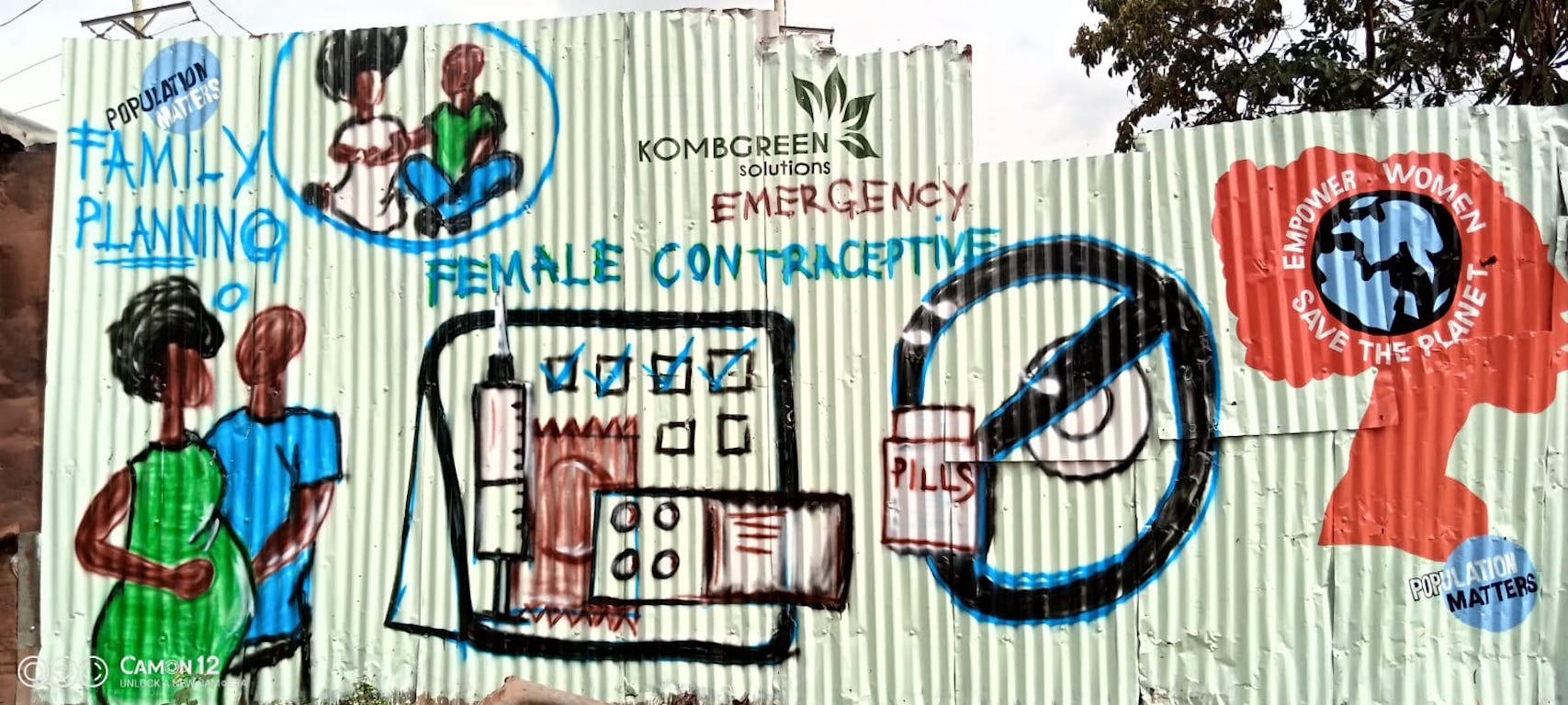
Calling for action
This past weekend, in central London, Population Matters’ campaigners displayed signs outside the embassies of G20 countries to indicate the large number of women globally who wish to avoid pregnancy but cannot access family planning services: on this year’s Safe Abortion and Contraception Days, there are still 270 million women with an unmet need for family planning. We also handed out free condoms on Contraception Day, reminding people that using contraception is good for the planet too.
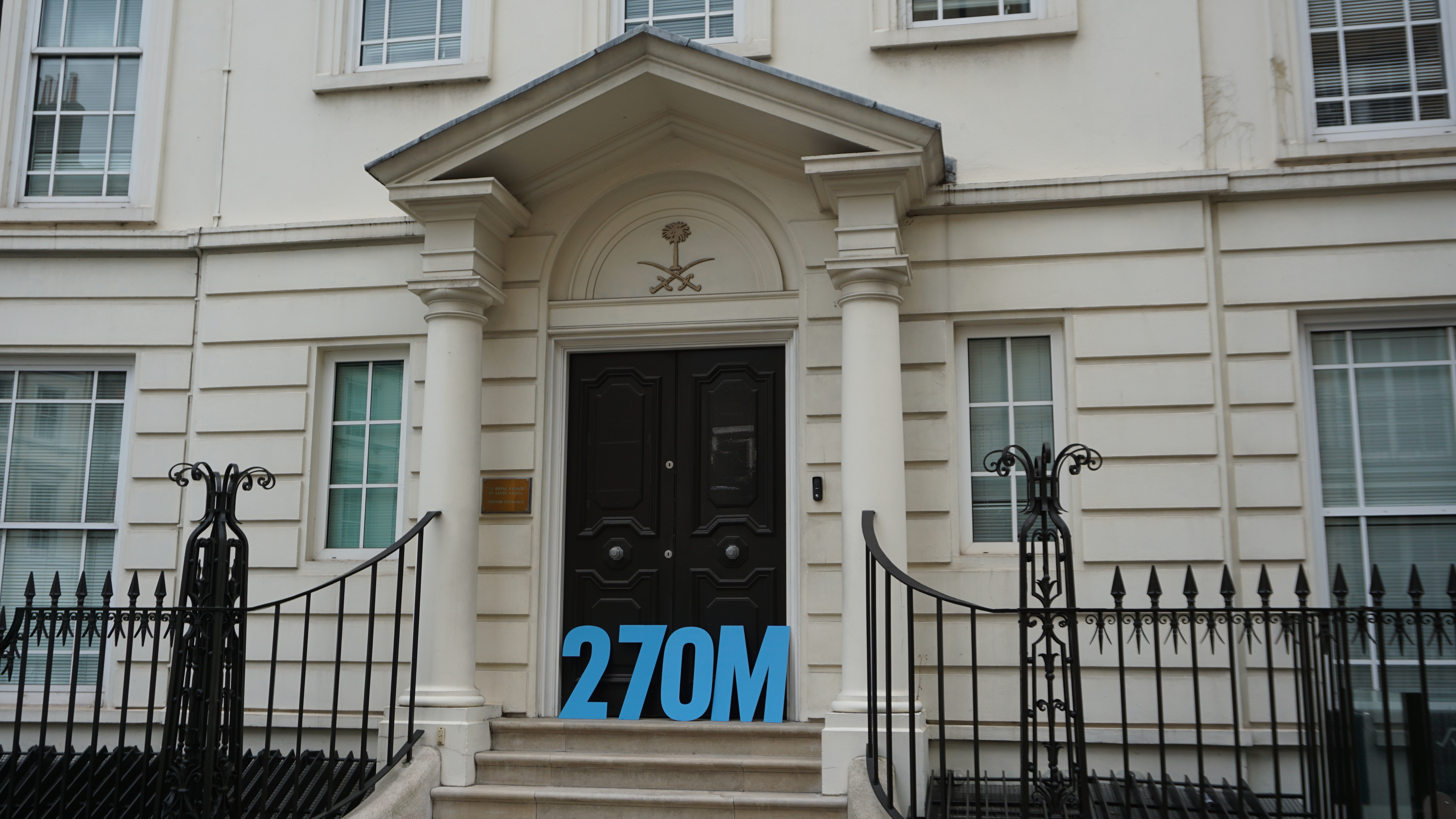
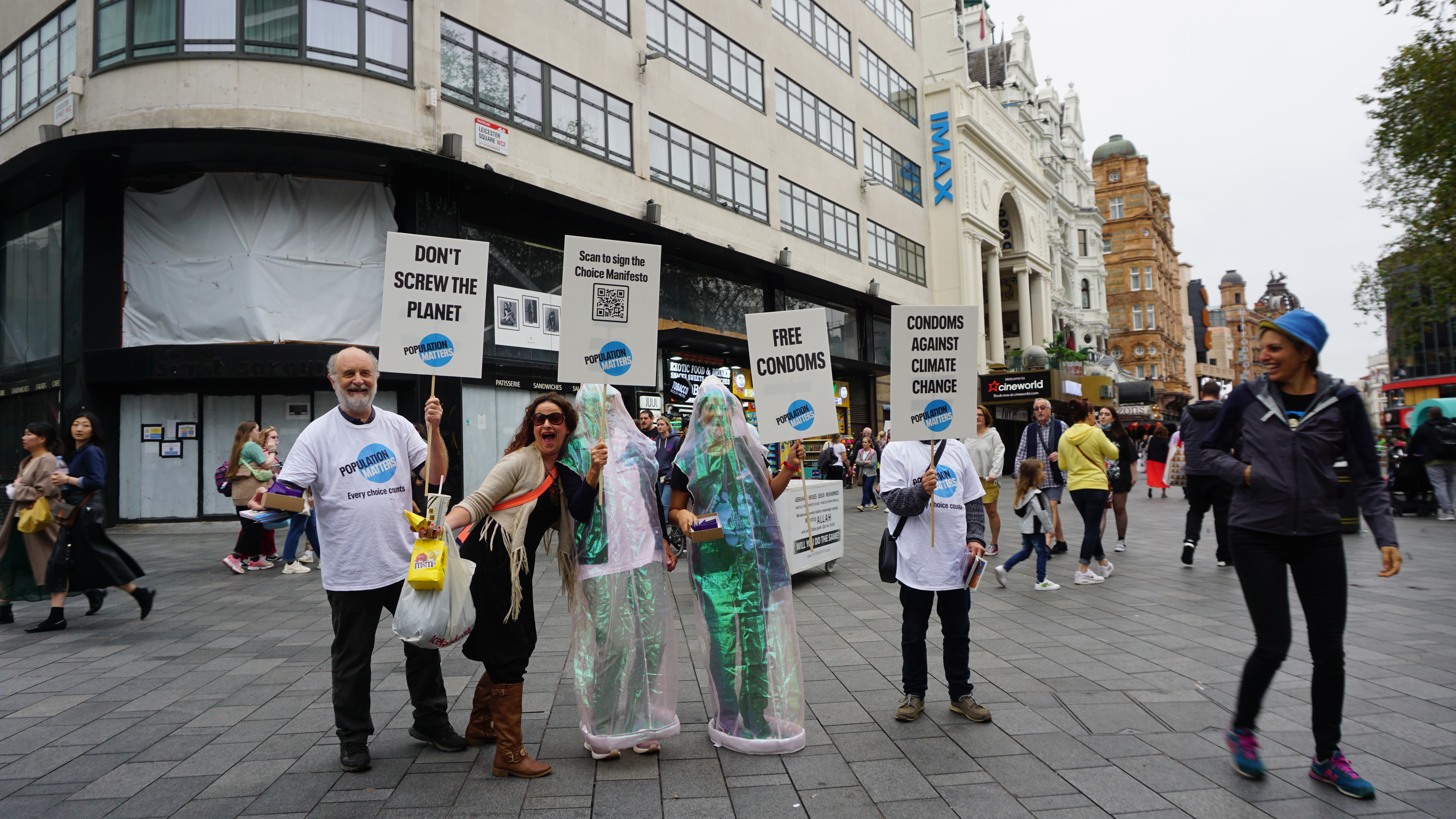
Despite the challenges, we are both speaking up and taking action on this year’s days to promote access to safe abortion and contraception. Through our campaigning and support of local sexual and reproductive health provision, we are working towards a world in which every woman can make free, positive and informed choices about her bodily autonomy.
Support empowerment

Join us in supporting grassroots women’s and girls’ empowerment

